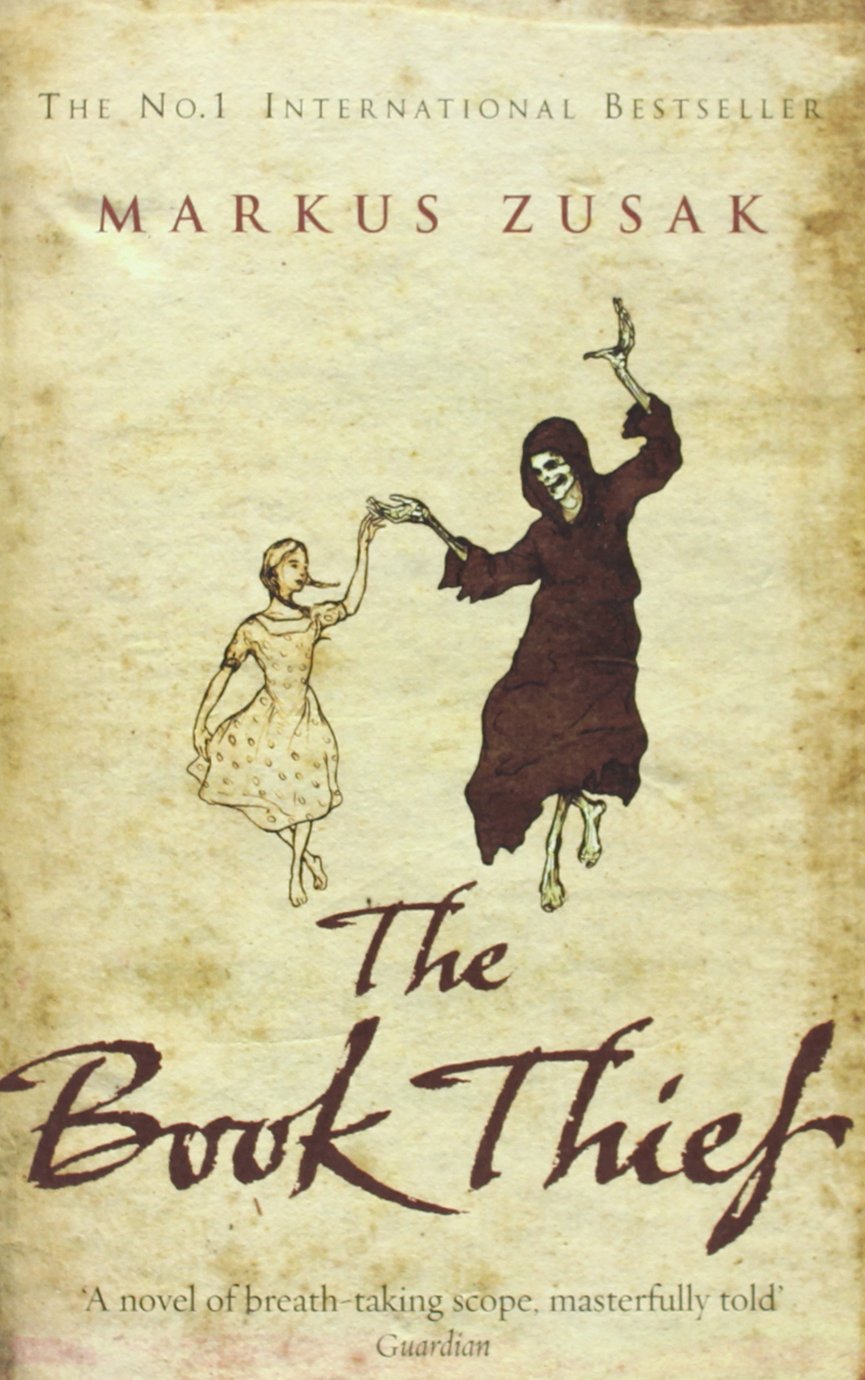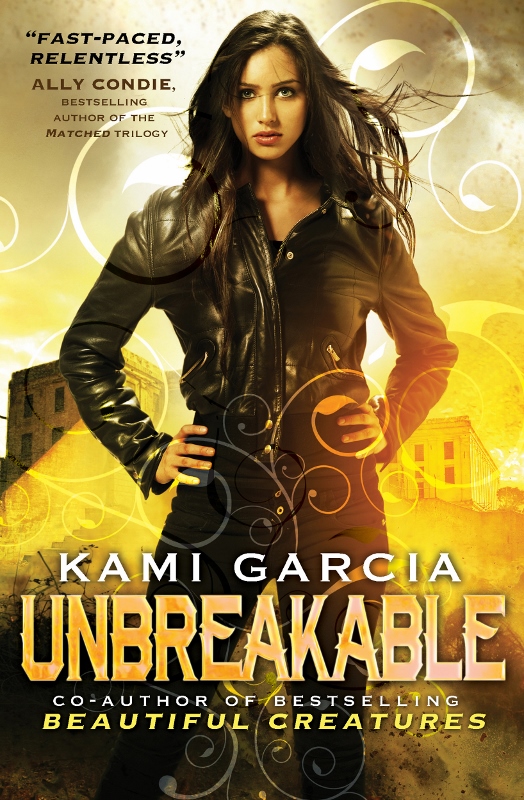I am usually intensely distrustful of 'literary' books. I often find that they put showing-off ahead
of telling a good story. Clever writing
techniques do not necessarily lead to good storytelling. That is not to say that I am a total
philistine – I just like my books to be understandable to those of us mere
mortals without degrees in English Literature.
The truly great 'literary' books are those that use imaginative
techniques and strategies to tell a story, rather than the story being
incidental to those techniques.
Eleanor Catton's Man Booker Prize winning book The Luminaries was often damned in some
quarters with the compliment "a triumph of style". I have not personally read it myself, but
knowing something of it, I can see how people may come to that conclusion. This made me a little nervous about giving
her debut novel The Rehersal a go,
but having done some research I thought it worth a try.
Now first things first: a confession. I like Ellie Catton (yes I did just call her
Ellie). I was actually interning at
Granta Books when The Luminaries won
the Booker Prize and had the pleasure of not only meeting her and her partner
but we also all went out boozing together.
She is one of the nicest and most genuine people I have ever had the
pleasure of meeting and I cannot rule out the possibility that this review may
be influenced by her being a gem.
The Rehersal tells
two parallel stories: that of an elite, slightly Darwinian, drama school and
that of a high school in the grips of a teacher/pupil sex scandal. All of the characters are like open books,
like characters in a play. They keep
very little to themselves and articulate every emotion to each other in a very
clear and evocative manner. It is told
in a constantly shuffling time scale, moving between months and years
constantly, which makes the plot a little difficult to follow but equally
keeping the story moving along at a good pace.
Catton never reveals anything too soon, always ensuring that you are
kept guessing.
The central plot point: the affair between Victoria and Mr
Saladin is kept secret and mysterious, just as it was to the students in the
play and pupils at the school. For the girls at the high school, the affair was
a great betrayal of their trust, not because it happened, but that Victoria did
not tell them. In that community total secrecy was the taboo. Sex was seen as
something that was both intimate between the people involved, but also that
deserved public scrutiny - something that is interesting to consider in our
world. Moreover, the characters in the
story celebrate crisis: being seen as damaged was desirable and the characters
who identify as being 'normal' are outcast which is another really interesting
thought that Catton throws up.
The storyline in the theatre school is a little less
focussed. While the descriptions of the
lessons and attitudes of the teachers were my favourite parts of the book, I
felt that it did not marry well with the rest of the plot. The spine of the story are saxophone lessons
given to many of the main characters by an unnamed teacher who has a seemingly
unhealthy fascination with the lives of her young charges. There is clearly some potent symbolism here,
but I was not unable to unearth it: it was possibly a little over my head.
Though at times I felt the book to be a little over my head, I loved this book, especially how the
characters are completely open with little thought of social propriety, and the
examination it contains of teenage social interaction and life is truly
something to behold. While this is not my usual genre, I would recommend this
to any reader who is willing to dedicate some time and thought to a book. Trust me, it is well worth it!
8/10
Favourite Quotes
Favourite Quotes
“She is a loner, too bright for the slutty girls and too savage for the bright girls, haunting the edges and corners of the school like a sullen disillusioned ghost”
“Remember that anybody who is clever enough to set you free is clever enough to enslave you.”
“Gaining control isn't the exciting part. Sleeping with a minor isn't exciting because you get to boss them around. It's exciting because you're risking so much. And taking a risk is exciting because of the possibility that you might lose, not the possibility that you might win.”
“The stage is not real life, and the stage is not a copy of real life. Just like the statue , the stage is only a place where things are made present. Things that would not ordinarily happen are made to happen on stage. The stage is a site at which people can access things that would otherwise not be available to them. The stage is a place where we can witness things in such a way that it becomes unnecessary for us to feel or perform these things ourselves.”



